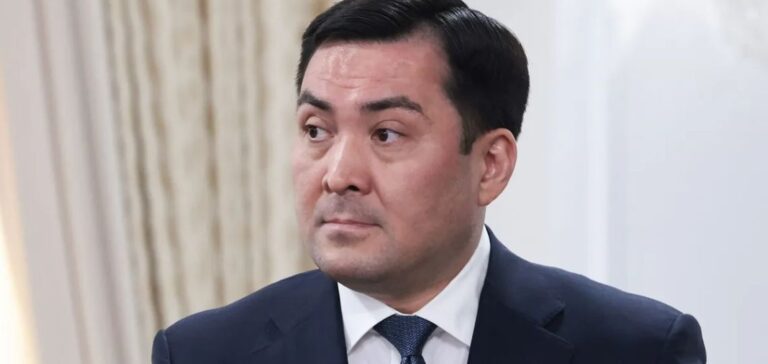On March 18, 2025, Kazakh President Kassym-Jomart Tokayev announced the creation of the Agency for Atomic Energy of the Republic of Kazakhstan, a new entity directly under the president’s authority. The agency’s mission will be to consolidate responsibilities previously assigned to the Ministry of Energy, including the management of atomic energy use, radiological safety, and control of the Semipalatinsk nuclear safety zone related to uranium production.
Tokayev appointed Almassadam Satkaliyev, former Minister of Energy, as the president of the new agency. The agency will focus on the development and regulation of the nuclear sector, ensuring the management of atomic resources and implementing safety measures to protect the population.
Strategic objectives of President Tokayev
In his speech at the National Kurultai on March 14, 2025, Tokayev emphasized that the creation of this agency addresses the strategic need to diversify Kazakhstan’s energy sector. The president highlighted the importance of this project for the country’s long-term economic development, especially through the integration of new technologies such as digitisation and artificial intelligence, which he believes will offer significant potential for the Kazakh economy.
He also expressed the need to create a “nuclear cluster,” with the construction of three nuclear power plants to meet domestic energy demand and strengthen Kazakhstan’s position in the global energy market. Tokayev referred to the support of the Kazakh population, expressed during the 2024 referendum, which had approved the construction of a nuclear power plant.
Site selection and technological partners
The Kazakh government has officially designated the Zhambyl district in the Almaty region as the site for the future nuclear power plant. Authorities plan to select a technology supplier for the construction of this plant by the end of 2025. Four companies are currently competing for the project: China National Nuclear Corporation (HPR-1000), EDF (EPR1200), Korea Hydro and Nuclear Power (APR-1000/APR-1400), and Rosatom (VVER-1200).
Kazakhstan is also continuing negotiations with international partners, and meetings have recently taken place with representatives from China National Nuclear Corporation, as part of discussions on collaborating for the development of the country’s nuclear sector.





















